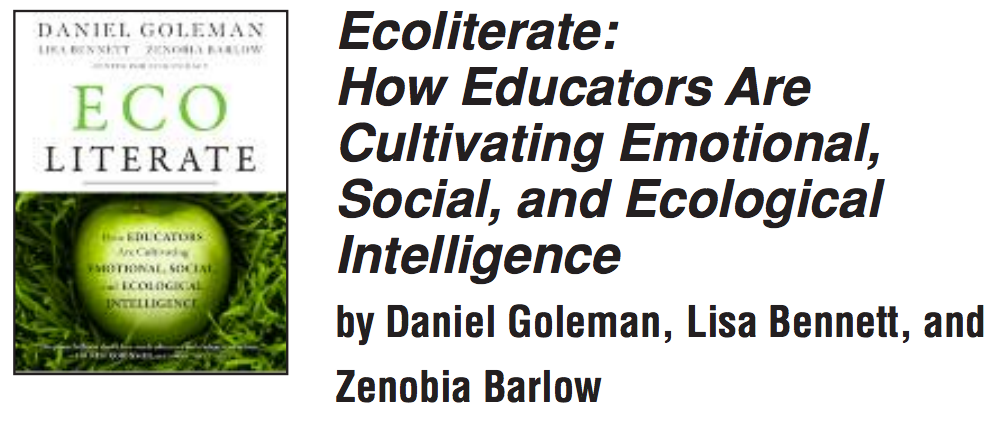
Just a few centuries back, people were well aware of how their actions affected the environment. Since most of the goods they consumed came from their immediate surroundings, they could easily see the impact of their daily actions.
Unfortunately, we no longer see the consequences of our actions on our environment. We take for granted that flipping the light switch will light up the lights. We buy our food at the local supermarket with little thought about the environmental impact that producing that food had on the planet. For most of us, filling up the gas tank does not involve any consideration of the resources used or the impact of producing, refining, and consuming fossil fuels.
But just because we don’t see the impact does not mean we are immune to it. For some time now, we have been using the earth’s natural resources at a level that is not sustainable. In addition, we have introduced thousands of new chemical products into our daily lives with little regard for the damage these chemicals are doing to our planet.
If we wish to sustain life as we know it, we will need to make some drastic changes to the way we use our natural resources. We need to learn to see the unseen consequences of our way of life. We can no longer afford to neglect the plants and animals in our ecosystem. Our ecosystem is a delicate balance; all forms of life are interdependent. The careless destroying of natural habitats will eventually destroy our ability to sustain life here on earth.
Five Practices
Ecoliterate: How Educators Are Cultivating Emotional, Social, and Ecological Intelligence by Daniel Goleman, Lisa Bennett, and Zenobia Barlow is designed to awaken educators and others to the ecological problems facing the world and to provide some possible solutions. The book focuses on five practices that, if implemented, will begin to improve our ecological intelligence. These practices are:
- Develop empathy for all forms of life
- Embrace sustainability as a community practice
- Make the invisible visible
- Anticipate unintended consequences
- Understand how nature sustains life
The book uses a series of stories to teach the practices. Most of the stories show that it will be an uphill battle to change the mindsets of the majority. For the most part, the stories show how easy it is for individuals, businesses, and politicians to focus on short-term needs rather than long-term sustainability.
A Grassroots Tool
The book is intended as a grassroots tool for educators. The authors realize the problems with trying to change the attitude of adults. For that reason, they acknowledge that we must start educating our children about the dangers of ecological recklessness. The book offers plenty of tools and ideas that teachers or community activists can use to begin to educate children to be more responsible citizens.
The book does a good job of showing how we fail to see the unseen. When we turn on the light switch, we have no idea of the environmental damage done by coal strip mining. We also fail to see the unintended consequences of many of the modernday conveniences and products we use.
Our current way of life is not sustainable. We must change. This book is an excellent resource for those looking for some practical way to begin that change.
John Chancellor is a mentor/coach working with small business owners helping them reach their business goals. He writes a weekly blog called Lessons in Life.
